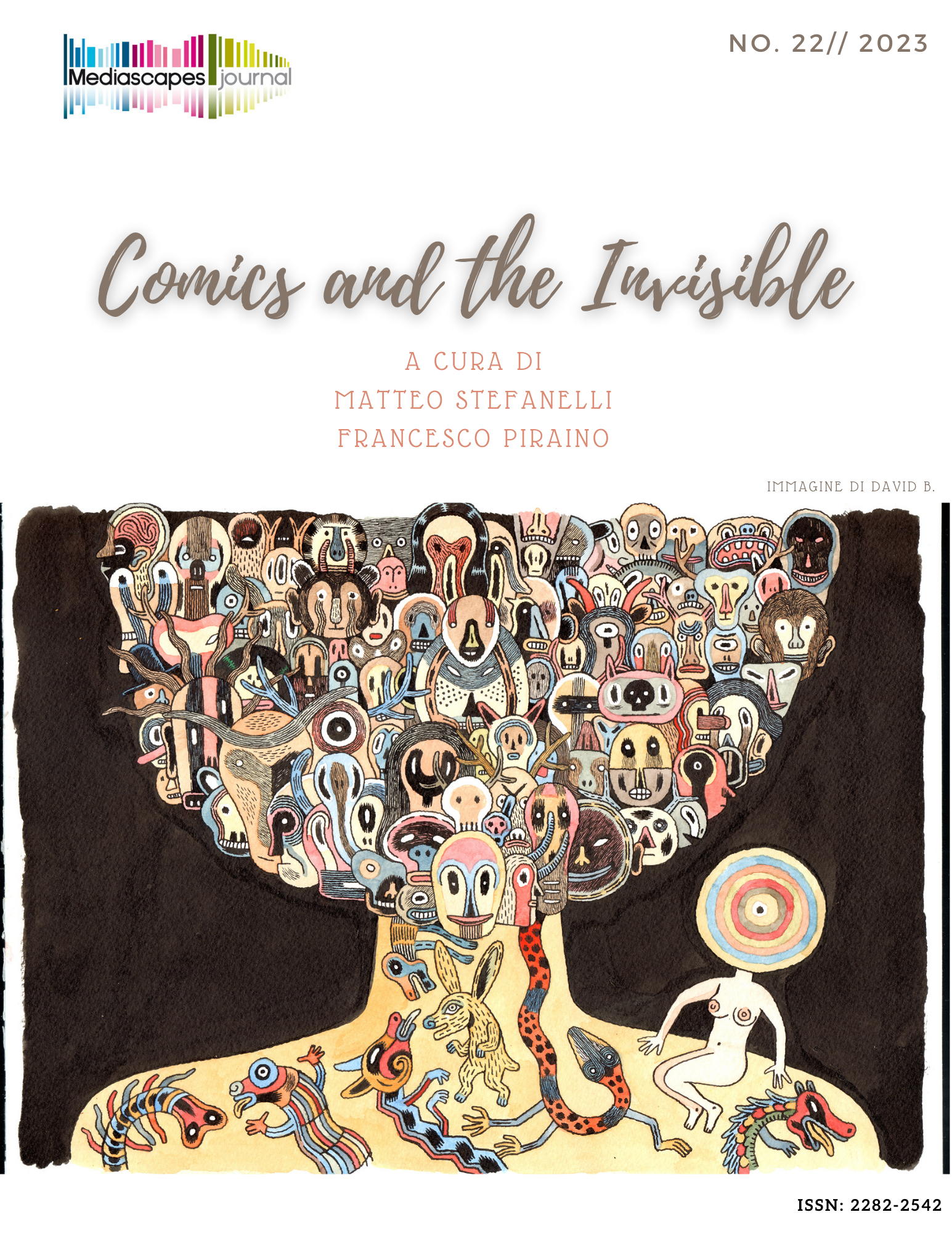Onlife e “salti di specie” nelle nuove ecologie abitative della salute digitale
Parole chiave:
digital-health narratives, info-care, data-driven medicine and health, new rituals of careAbstract
The article explores the effects of digital media on care and health in a new living condition, the so-called onlife. Social networks, applications, digital platforms, body sensors, artificial intelligence, big data, and digital therapies are now generating new ecologies of care based on shared information co-produced by human and non-human agencies. These new ecologies of care are associated to a cultural spillover into networked, data-driven and trans-organic ways of experiencing illness and disease as well as conceiving health. The reshaping of the traditional care-path that was once featured exclusively within the doctor-patient monad relationship and within the dominion of the hospital/ambulatory setting, but now transformed in favor of a human and non-human ecosystem (social networks, big data, wearables, platforms), is an example of the effects. In social sciences, digital health has been presented as a paradigmatic turn from mechanical medicine into informational medicine and into a new social logic, which “all connect” and require further investigation.
The paper will examine social and medical digital health literature and will present three narratives on the subject: a) associated to a creative destruction of the traditional rituals of care; b) involved in a new data-driven way of considering illness and disease; c) associated to co-producing information and data, which it has been called info and trans-organic care. A comprehensive examination of info and trans-organic care has been carried out in the case of a social network, the Ros1ders. The case has been expounded as a new conformation of social action, no longer a prerogative of the human subject, and no longer presented as a transitive action, which is an externally oriented action. Rather, it is important because it takes place within a web of human and non-human networks (information, data, platforms), mostly as a trans-organic and connective process of care. Digital media is involved in the co-creation of value in the health field, allowing us to move past old dualisms, such as virtual/real, human/artificial, culture/nature, thereby turning toward a new, symbiotic idea of health and a “more than human” social condition.
##submission.downloads##
Pubblicato
Come citare
Fascicolo
Sezione
Licenza

TQuesto lavoro è fornito con la licenza Creative Commons Attribuzione 4.0 Internazionale.
Gli autori che pubblicano su questa rivista accettano le seguenti condizioni:
- Gli autori mantengono i diritti sulla loro opera e cedono alla rivista il diritto di prima pubblicazione dell'opera, contemporaneamente licenziata sotto una Licenza Creative Commons - Attribuzione che permette ad altri di condividere l'opera indicando la paternità intellettuale e la prima pubblicazione su questa rivista.
- Gli autori possono aderire ad altri accordi di licenza non esclusiva per la distribuzione della versione dell'opera pubblicata (es. depositarla in un archivio istituzionale o pubblicarla in una monografia), a patto di indicare che la prima pubblicazione è avvenuta su questa rivista.
- Gli autori possono diffondere la loro opera online (es. in repository istituzionali o nel loro sito web) prima e durante il processo di submission, poiché può portare a scambi produttivi e aumentare le citazioni dell'opera pubblicata (Vedi The Effect of Open Access).


